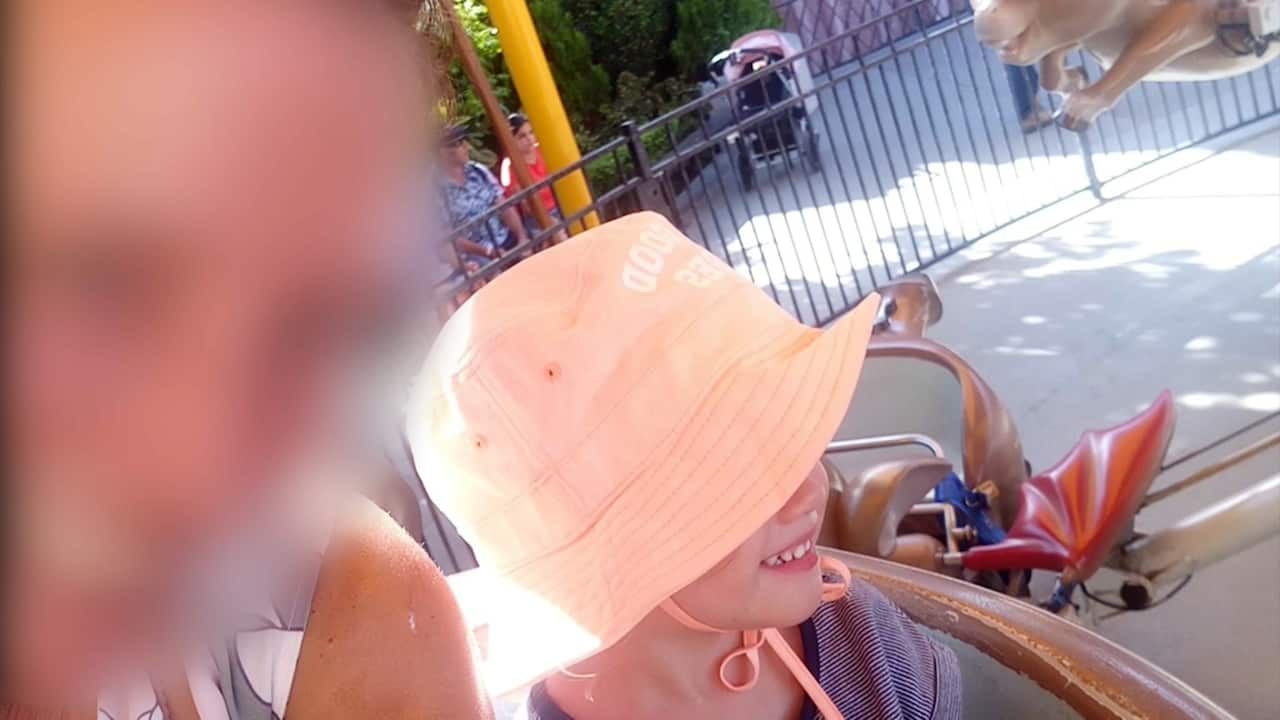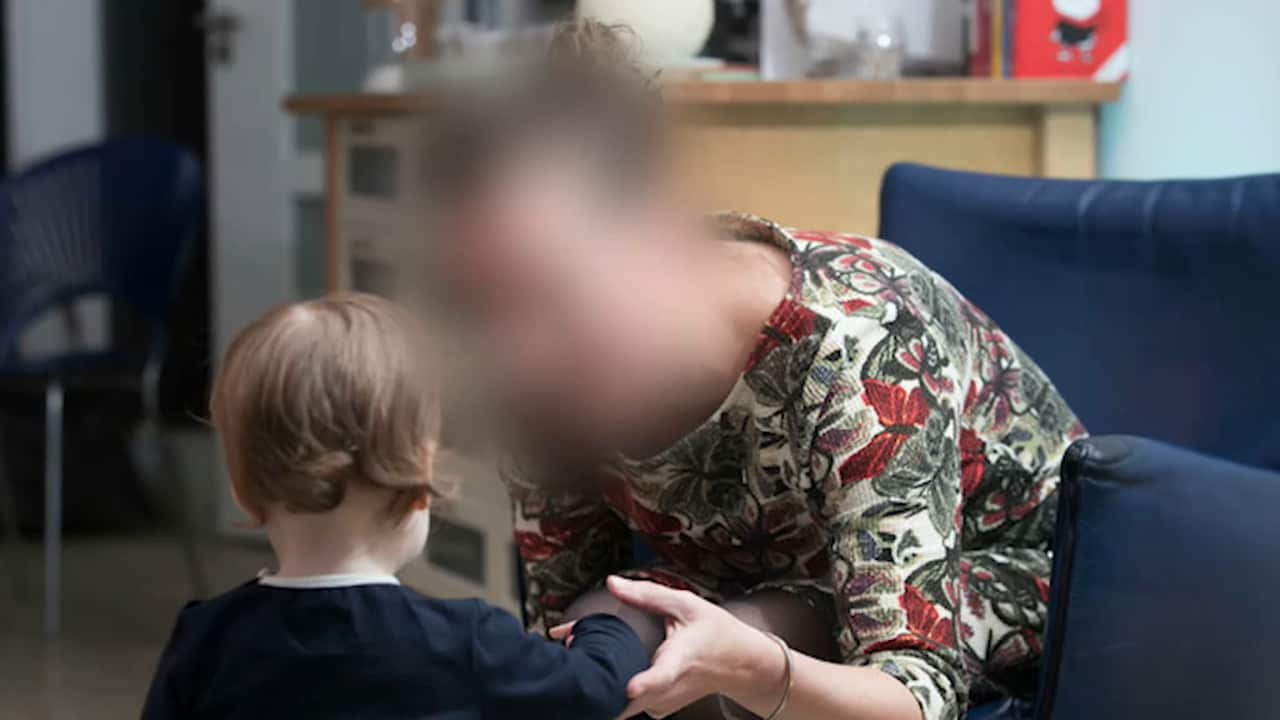In a recent decision by the Family Court in Brisbane a Dutch national is allowed to relocate back to the Netherlands with her two-year-old daughter. This is the conclusion of a lengthy international court battle that began in the Netherlands in 2017.
On the surface everything seemed fine between the Australian father and Dutch mother who met in Australia in 2014, married in 2015 and had a baby girl a year later.
The couple went to the Netherlands for a family holiday late 2016, where the father assaulted the mother after a night out. He was arrested and flew back to Australia three days later. The mother remained in the Netherlands, found work and a place to live, and surrounded herself with supportive family.
It became apparent that the mother had also been subject to domestic violence soon after their wedding in 2015 and when the 2016 assault occurred she found the confidence to report it to police and remained in the Netherlands.
Almost five months later the father of the child invoked the Hague Convention on International Child Abduction, claiming the mother had abducted their child.
The judicial wheels were set in motion and the Hague Tribunal ordered the mother’s return to Australia to deal with custody matters in the Australian Family Court. The mother appealed the order and relied on Article 13(b) of the 1980 Hague Convention, which states that a country doesn’t have to order the return of the child if “there is a grave risk of harm to the child.”
By that point, the mother had obtained the father’s full criminal record including a list of domestic violence incidents against other previous romantic partners. She also involved the media and her case became a matter of huge public interest with newspaper and television outlets detailing her story.
The father’s extensive criminal record was supplied as evidence against his case by the mother, as were witness statements from two of his previous partners.
This defense was to no avail though, and in November 2017 she was ordered to return to Brisbane, Australia in line with the father’s wishes for her to face the Family Court.

Gina Masterton is a Queensland barrister currently researching these sorts of international child custody cases, commonly referred to as ‘Hague cases’.
She says that if this Hague Convention is applied to women fleeing domestic violence, the outcomes are often catastrophic for abused women and children.
In one case a woman was ordered to return with her two young sons to the UK, and shortly after her return, she was murdered by her estranged husband on the street in front of her children and mother.
In most cases, says Masterton, the women who are ordered to return find themselves in deeply risky conditions.
“She is sent back or the child is sent back and the mother goes back to where the abuser is residing and is in proximity to that person,” says Masterton. “They are without family, they are without friends and without community support in a lot of cases they are without money.”
The Dutch mother of the recent Brisbane ruling found herself in exactly those circumstances. In spite of the father having promised in Dutch courts that he would look after the mother and his child financially and that he would provide them accommodation.
Upon her return to Australia for trial, the mother was met by Queensland police at the airport under a High Security Alert order, and housed in a refuge for domestic violence victims. It took almost a year before the father was made to pay child support through the Child Support Agency.
The mother was then denied legal aid because her case was deemed unwinnable. She approached Queensland lawyer Kathleen Simpson, who specialises in domestic violence cases.
Simpson tells SBS Dutch she doesn’t understand why the courts trusted the father’s assurances, and decided to represent the mother pro-bono.
“In this recent case the Hague courts placed a lot of reliance on what the father said and the representations that he would provide financially, that he would ensure that they were in proper accommodation,” says Simpson. “All of those types of promises should not be relied on with a perpetrator.”
Simpson also disagrees with the view taken by legal aid on the merit of the Dutch mother’s case.
“This case involved a perpetrator that had a long, long history of committing domestic violence against multiple partners and somebody needed to stand up and help, and I understand she was denied legal aid due to merit,” she says. “When I looked at the case there was an overwhelming amount of merit to run the case, so someone needed to stand up and help her.”
The mother herself is elated with the outcome of her particular case and told SBS Dutch the last year and a half in the Australian Family Court as “really intense”.
“[It was] hard without my family and friends and not having a job, having to leave the Netherlands within three days to pack all my stuff and move away with [my daughter] to Brisbane and for her also to leave her friends and family behind.
“It’s been really, really tough but we fought with the two of us and here we are.”

Diana Bryant is the former Chief Justice of the Family Court of Australia and presided over an international committee last year to develop a Guide to Good Practice on the interpretation and application of Article 13(1)(b) of the Hague Child Abduction Convention.
She acknowledges that the Convention was drafted in the late 1970s to deal with what was then predominantly fathers abducting their children across borders, and leaving the mothers without legal recourse. It was never meant to be applied to cases involving mothers fleeing domestic violence, she says.
Bryant says that the courts must take into consideration whether the parties can be protected when they return to the country they fled.
“We say in the guide that it is important to look at what the risks being alleged are, because then you can assess whether the person returned can be protected or not. We think it is important that judges know as much as they can about the convention when they are applying it.”
But Gina Masterton believes the guide is not a guarantee for the right outcome.
“Guidelines are suggestions,” she says. “Guidelines are not enforceable so it is going to depend on the judge, whoever it is reading those guidelines, and whether they decide to adopt them or not.”
The Dutch mother in this case believes she should never have been sent back to Australia.
“The judge here [in Australia] has seen all the evidence that the Hague proceedings saw, and the judge here ruled that it is in the best interest of the child to be in the Netherlands,” she says. “So for me it feels like something needs to be changed in the Hague proceedings.
“All the evidence that I had on the table during the Hague Convention should have been looked at more properly to not put [my daughter or myself] at risk of harm these last 15 months.”
Kathleen Simpson is equally unhappy with how this particular ‘Hague case’ was run in the Netherlands. She advocates a proper risk assessment in the country where such a Hague case is being decided.
“[What’s needed is] a thorough risk assessment by an independent party,” says Simpson. “That’s not currently provided for under The Hague at the moment.”
As soon as the Australian court ruled that the Dutch mother could relocate to the Netherlands, she went into hiding before leaving Australia a few days ago.
If this story has raised issues for you, White Ribbon has a guide to appropriate emergency or support resources and hotlines here, or you can dial 1800 RESPECT (1800 737 732) for 24/7 domestic violence counselling.